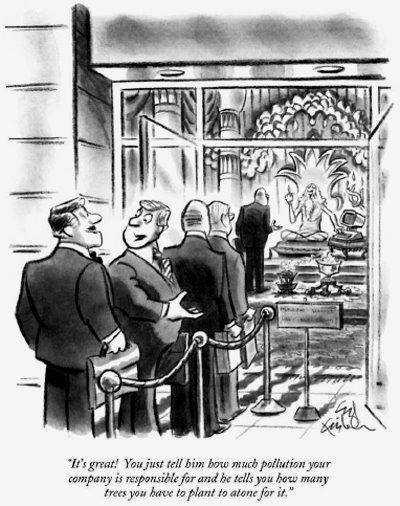Mighty caribou herds dwindle, warming blamed
By CHARLES J. HANLEY (AP) – 1 day ago
ON THE PORCUPINE RIVER TUNDRA, Yukon Territory — Here on the endlessly rolling and tussocky terrain of northwest Canada, where man has hunted caribou since the Stone Age, the vast antlered herds are fast growing thin. And it's not just here.
Across the tundra 1,500 kilometers (1,000 miles) to the east, Canada's Beverly herd, numbering more than 200,000 a decade ago, can barely be found today.
Halfway around the world in Siberia, the biggest aggregation of these migratory animals, of the dun-colored herds whose sweep across the Arctic's white canvas is one of nature's matchless wonders, has shrunk by hundreds of thousands in a few short years.
From wildlife spectacle to wildlife mystery, the decline of the caribou — called reindeer in the Eurasian Arctic — has biologists searching for clues, and finding them.
They believe the insidious impact of climate change, its tipping of natural balances and disruption of feeding habits, is decimating a species that has long numbered in the millions and supported human life in Earth's most inhuman climate.
Read rest of article
Tuesday, October 6, 2009
Walrus populations threatened by climate change
Climate - Act for Our Future
Walrus populations threatened by climate change
from World Wildlife Fund
The retreating sea ice of the Alaskan and Russian Arctic is forcing walruses ashore, with deadly consequences for calves. Our WWF team in Alaska has obtained high definition footage along the Arctic shorelines showing the dramatic impact climate change is having on walruses.
In recent years, as Arctic sea ice has receded far from the Russian and Alaskan coasts, walruses – including many females and their calves – have been forced to take refuge on land, congregating in large numbers at “haul outs” along the coasts. These mass congregations can lead to violent stampedes, which are particularly dangerous to young walruses. Scientists also report a recent rise in the number of orphaned calves at sea after becoming separated from their mothers.
An investigative team led by the US Fish and Wildlife Service issued preliminary findings explaining the mass death of young walrus calves that is captured on the WWF footage.The footage shows some of the more than 100 walrus carcasses that were spotted on September 14 by US Geological Survey researchers flying near Icy Cape, southwest of Barrow, Alaska.
Read rest of article
Subscribe to:
Comments (Atom)
Carbon Confessions from Earth Day 2009, Santa Barbara, CA
The Tree of Carbon Forgiveness

Carbon Penance Generator
|
Penance -- Then and Now

In the Middle Ages, there was no buying and selling of carbon indulgences. Now it's a booming business. "The worst of the carbon-offset programs resemble the Catholic Church's sale of indulgences back before the Reformation," said Denis Hayes, the president of the Bullitt Foundation, an environmental grant-making group. "Instead of reducing their carbon footprints, people take private jets and stretch limos, and then think they can buy an indulgence to forgive their sins." The New York Times, 4/29/07
Carbon-Neutral Is Hip, but Is It Green?

What's a Carbon Footprint?

A
carbon footprint is a "measure of the impact human
activities have on the environment in terms of the amount of
green house gases produced, measured in units of
carbon dioxide". It is meant to be useful for
individuals and organizations to conceptualize their
personal (or organizational) impact in contributing to
global warming. A conceptual tool in response to carbon
footprints are
carbon offsets, or the mitigation of carbon emissions
through the development of alternative projects such as
solar or wind energy or reforestation. A carbon footprint
can be seen as a subset of earlier uses of the concept of
ecological footprints.
Source: Wikipedia - Carbon Footprint